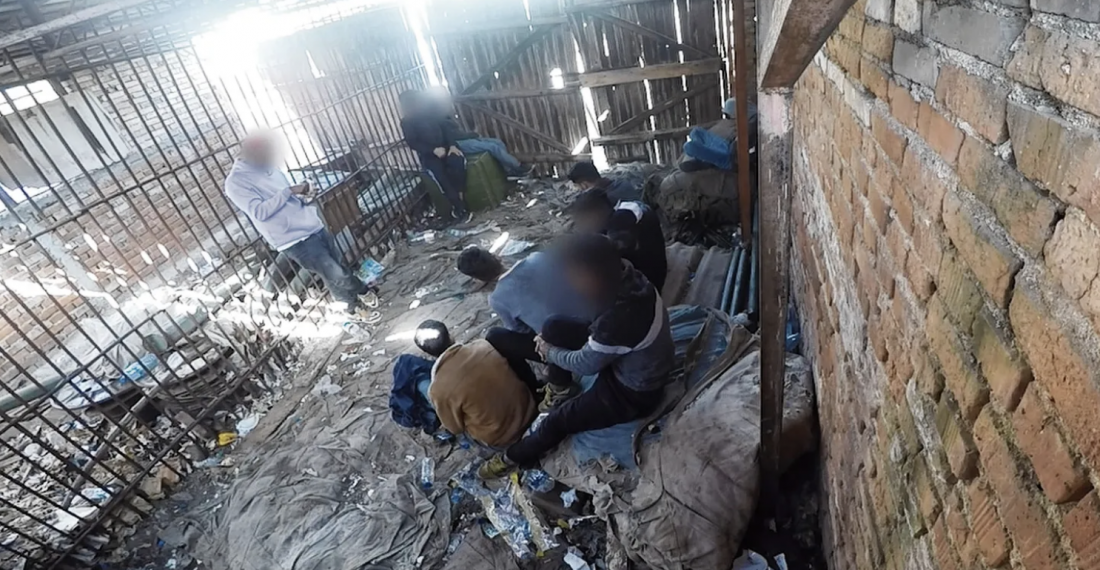Border police forces along the European Union's external borders in Bulgaria, Hungary and Croatia are keeping migrants in secret detention centres without providing access to asylum applications, food, water, or toilets. According to research by the non-profit Dutch-based journalism collective, Lighthouse Reports in collaboration with several European newspapers, these actions are in violation of human rights and constitute torture. The migrants detained are not registered anywhere. They are also not given the opportunity to apply for asylum. The actions of the border police violate human rights and point to torture, experts say.
Video footage and documents have shown that Frontex, the EU organization monitoring Europe's external borders, is funding and guarding these detention centres with money from the European Internal Security Fund and the Asylum, Migration and Integration Fund. Bulgaria, Croatia and Hungary jointly received €627 million from the fund.
Croatia and Hungary deny detaining refugees and say they are acting in line with international human rights, and the European Commission is calling for an investigation of the countries responsible. Also, cars with the logo of Frontex, the EU border agency, have been spotted next to the detention centres. Frontex has previously been criticized for pushing migrants back into the Mediterranean Sea, an illegal practice now being investigated.







